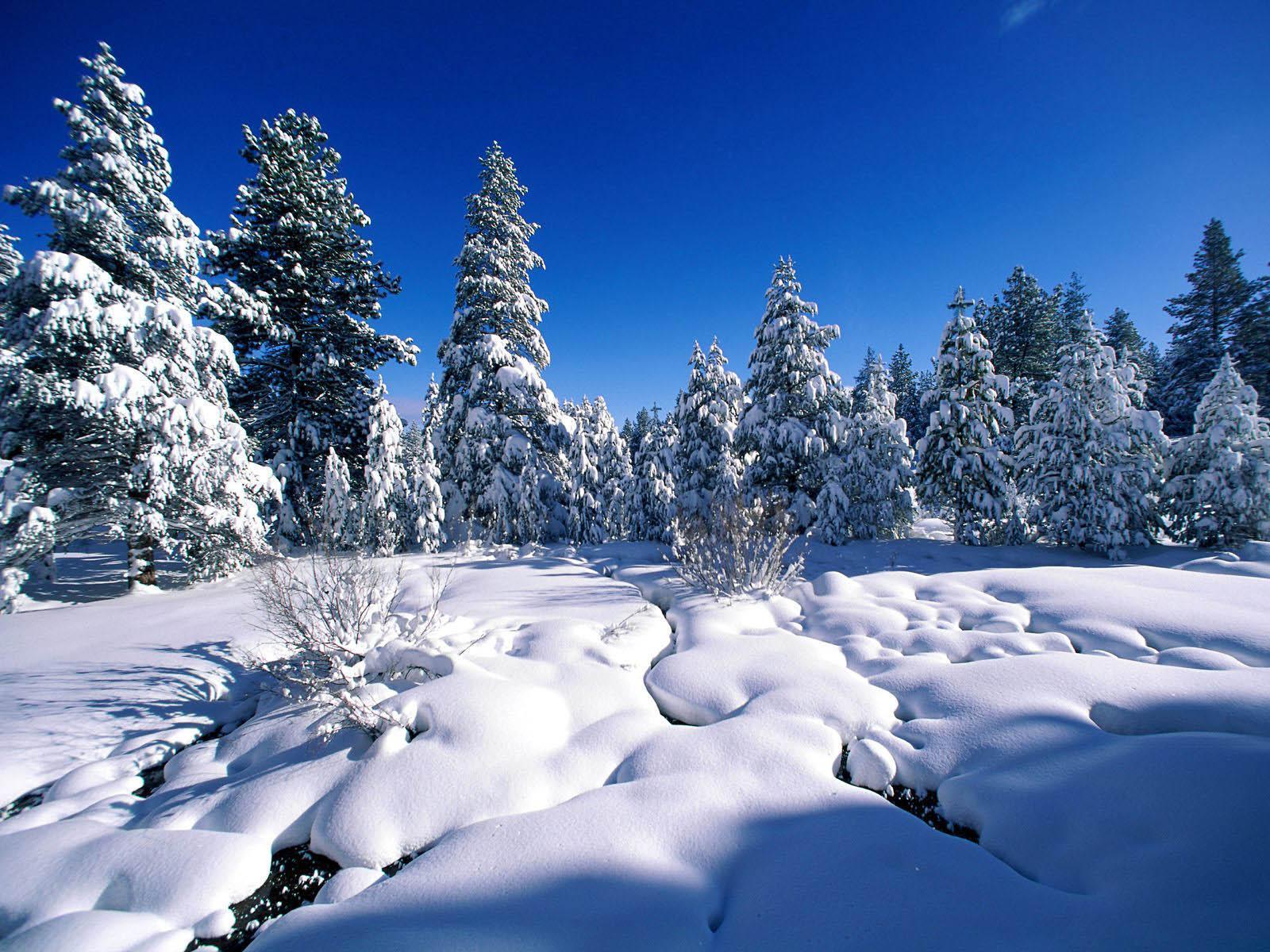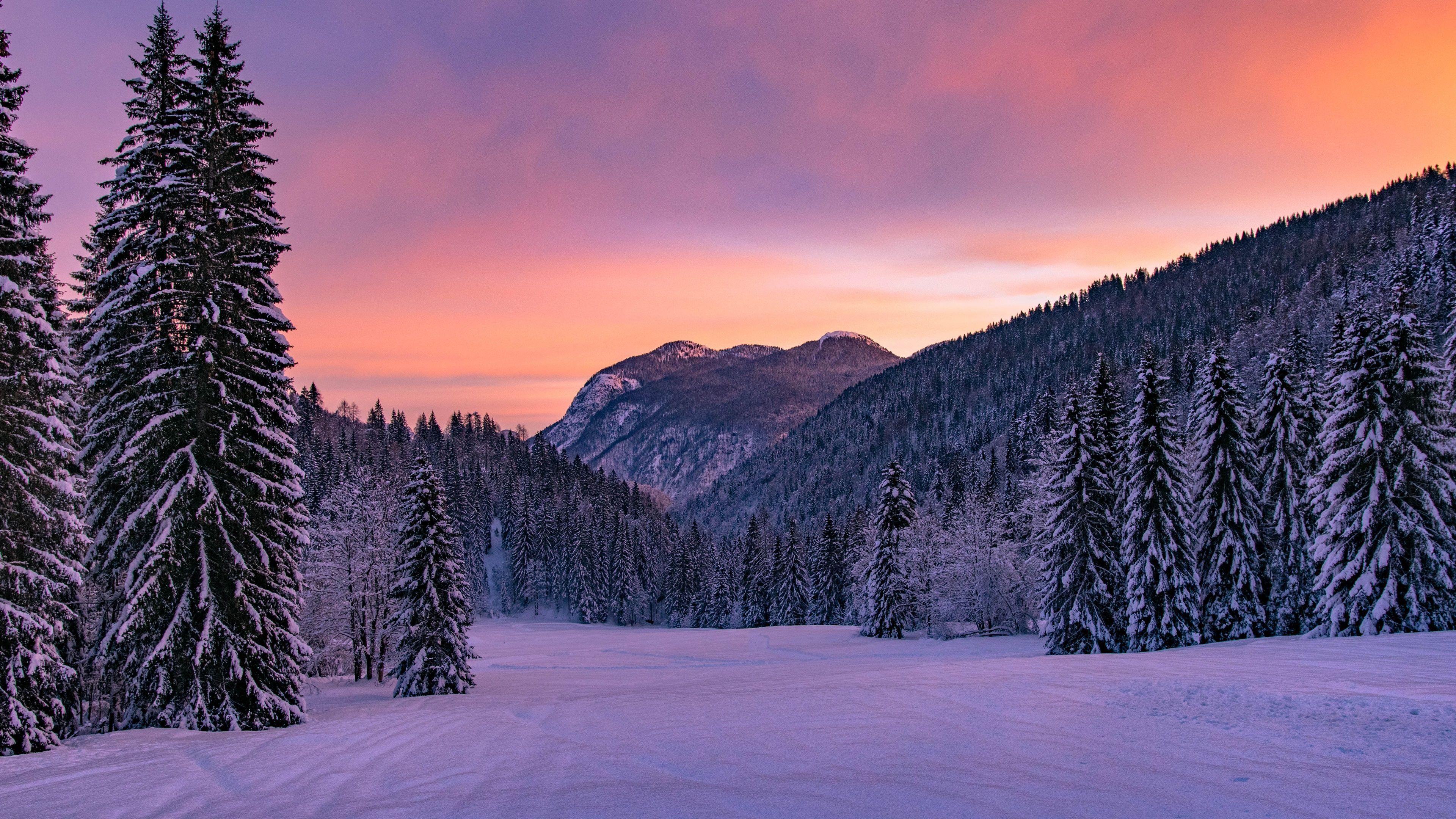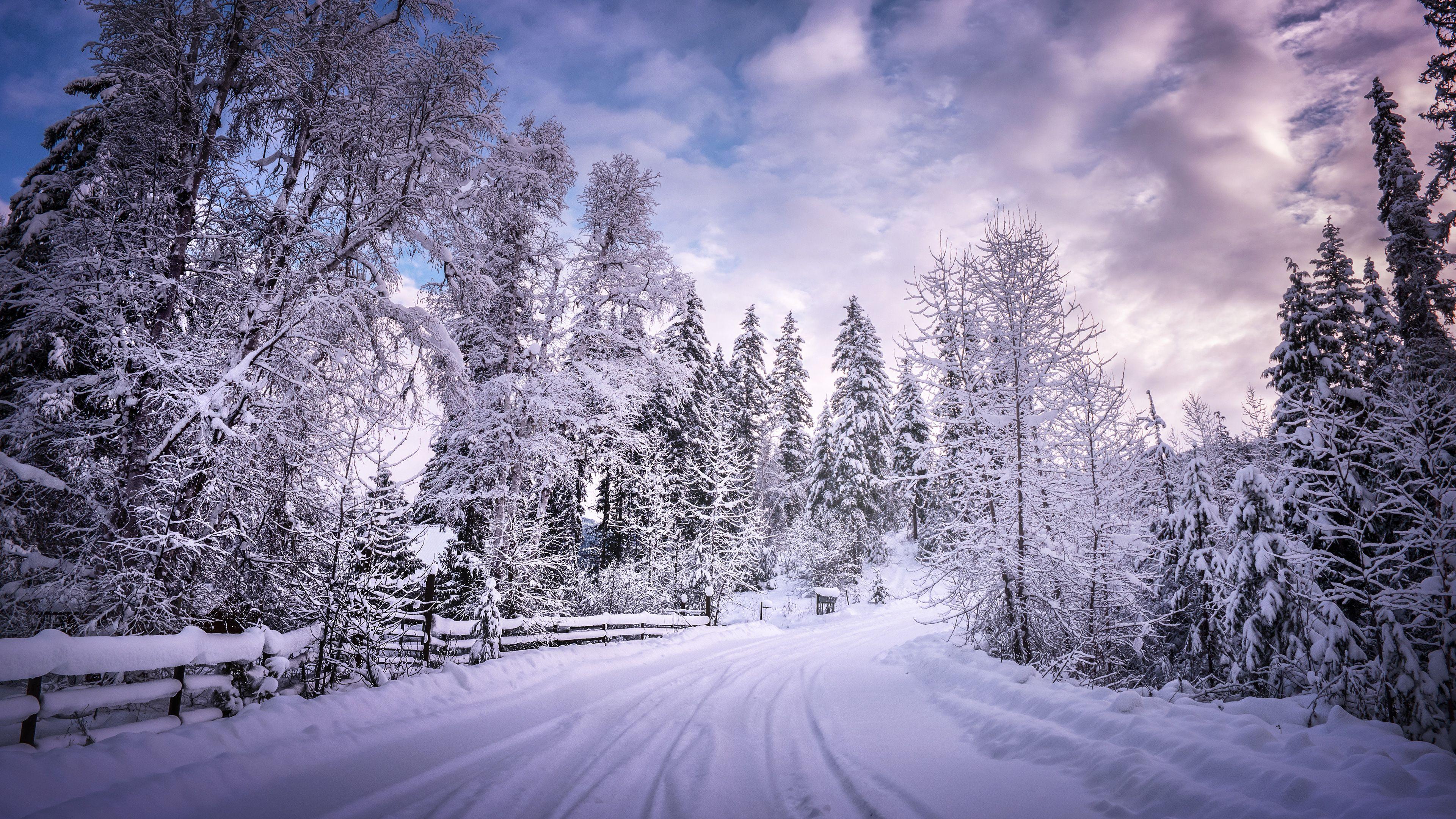Have you ever heard the phrase "snow bunny" and wondered what it truly means? It's a term that pops up quite a bit, especially when winter weather starts to appear or people talk about trips to snowy places. So, what is a snow bunny slang, really? It's a question many folks ask, and the answer, as you might guess, has a few different layers to it. This phrase, you know, carries a certain image, sometimes playful, sometimes a bit more complex, depending on who's saying it and the situation.
Figuring out what a term like "snow bunny" means can be quite interesting, actually. It's not just about a person who enjoys the cold or winter sports. Oh no, it’s often tied to a specific look, a particular vibe, and sometimes even a certain way of acting in snowy settings. So, when someone mentions a "snow bunny," they are very often thinking about more than just someone who likes snow. It's, like, a whole picture that comes to mind, isn't it?
This discussion aims to pull back the curtain on this popular slang term. We will look at its various interpretations, where it might have come from, and how it’s used today, perhaps even touching on whether it carries any negative feelings for some people. It's really about getting a good grasp on this phrase, seeing all its different sides, and understanding its place in our everyday talk. So, let's explore this winter-themed expression together, shall we?
Table of Contents
- Defining the Term "Snow Bunny"
- Different Interpretations and Usage
- Is "Snow Bunny" Considered Offensive?
- Other Winter Slang Terms
- Connecting to Actual Winter and Snow
- Common Questions About "Snow Bunny"
Defining the Term "Snow Bunny"
When you hear "snow bunny," it's pretty common for your mind to go to winter, right? But the actual meaning of this slang term goes a bit beyond just loving snow. It's a phrase that has, you know, a certain image attached to it, often linked to people who frequent ski resorts or winter vacation spots. This term, it seems, has a way of painting a picture of someone who's there for more than just the slopes, if you catch my drift. It’s a pretty specific sort of description, actually.
Literal vs. Slang Meanings
Literally speaking, a "snow bunny" could just be a small animal, like a rabbit, that lives in a snowy area, blending in with its white fur. That’s the simple, straightforward idea. However, when we talk about what is a snow bunny slang, we're stepping into a completely different territory. The slang version usually describes a young woman who spends time at ski resorts, often dressed in fashionable winter gear, and perhaps more interested in the social scene than actual skiing or snowboarding. It's almost as if the term itself has a dual personality, you know?
The slang meaning, therefore, is quite a departure from its literal interpretation. It’s not about a creature of the wild; it’s about a human who enjoys a particular kind of winter environment. This distinction is, like, really important when you're trying to figure out what someone means when they use the phrase. So, if someone says it, they're probably not talking about an actual rabbit, are they? That would be a bit silly.
Historical Threads of the Phrase
The origins of "snow bunny" as a slang term are a little bit fuzzy, but it seems to have gained popularity around the mid-20th century, particularly as ski resorts became more accessible and popular vacation spots. The "bunny" part of the term might come from the idea of someone being new or inexperienced on the slopes, like a "bunny slope" for beginners. Over time, it seems, this "bunny" aspect evolved to suggest someone who is perhaps a bit less serious about the sport and more about the social side of things. It's a rather interesting journey for a phrase, isn't it?
The term has, you know, probably been influenced by other slang words that use "bunny" to describe a young woman, often with connotations of being attractive or somewhat naive. So, when you put "snow" and "bunny" together, it creates a very specific image that has stuck around for decades. This blend of winter setting and a particular type of person has made the phrase quite enduring in popular culture, which is, like, pretty cool if you think about it.
Different Interpretations and Usage
The term "snow bunny" isn't a one-size-fits-all kind of phrase; its meaning can shift depending on the context and the speaker's intent. It's a bit like how a word can mean one thing in one conversation and something slightly different in another. So, when you're asking what is a snow bunny slang, you really need to consider the situation it's used in. There are, you know, a few common ways this term gets thrown around.
The Party Atmosphere Connection
One common interpretation of "snow bunny" connects it directly to the lively social scene at ski resorts. These are the folks who might spend more time at the lodge, enjoying aprés-ski activities, rather than shredding down the black diamond runs. They're often seen as being there for the fun, the mingling, and the overall celebratory vibe that often fills these winter getaways. It's, like, less about the athletic challenge and more about the good times, you know?
This usage of the term highlights the social aspect of winter vacations. It's about enjoying the atmosphere, the drinks, the music, and the company, rather than focusing solely on the sport itself. So, if someone refers to a "snow bunny" in this way, they're probably thinking about someone who's a bit of a social butterfly on the snowy mountainside. It's a pretty specific picture that comes to mind, isn't it?
The Fashion and Style Aspect
Another strong association with "snow bunny" is the emphasis on winter fashion. These individuals often sport the latest, most stylish ski gear, even if their skills on the slopes are, you know, not quite at an expert level. Their outfits are often carefully chosen, perhaps featuring bright colors, designer brands, and accessories that make a statement. It’s about looking good in the snowy environment, really.
This focus on appearance can be a big part of the "snow bunny" image. It suggests someone who puts a lot of thought into their winter wardrobe, making sure they stand out on the mountain or in the lodge. So, in this sense, the term is about style and presentation as much as it is about being in a snowy place. It's, like, a very visual kind of description, you know?
The Social or Dating Context
Sometimes, "snow bunny" can carry a connotation related to dating or seeking romantic connections at a ski resort. This usage might imply that the person is looking for a partner or simply enjoying the social opportunities that a lively winter vacation spot offers. It's a bit like saying someone is "on the prowl" but in a snowy setting. This meaning, you know, can sometimes have a slightly more suggestive undertone.
When used in this way, the term can suggest a certain type of interaction or intention. It's about the social dynamics that play out in these unique environments, where people are often relaxed and open to meeting new folks. So, if you hear "snow bunny" in a dating context, it's pretty clear what kind of situation is being talked about. It's, like, a very specific kind of interaction, isn't it?
Is "Snow Bunny" Considered Offensive?
This is a question that comes up quite a bit when discussing slang terms, and "snow bunny" is no exception. Whether the term is seen as offensive really depends on who is using it and, more importantly, who is hearing it. Language, you know, has a funny way of being interpreted differently by different people. What one person finds harmless, another might find a bit bothersome.
Perceptions and Subtle Nuances
For some people, "snow bunny" is a lighthearted, even affectionate, term to describe a young woman who enjoys the winter scene. They might see it as simply a descriptive phrase, perhaps even a compliment for someone who looks good and has fun in a snowy environment. However, for others, the term can carry a negative or demeaning undertone. It can be seen as reducing a person to their appearance or implying a lack of serious interest in the sport, or even suggesting they are only there to find a partner. So, it's, like, a real mixed bag of feelings, isn't it?
The "bunny" part of the phrase, too, can sometimes be viewed as infantilizing or objectifying, implying a certain vulnerability or a focus on attractiveness rather than substance. This is where the term can start to feel a bit uncomfortable for some. It's, you know, all about the subtle signals that words send, even if they aren't meant to be harmful.
Why Context Makes a Difference
As with many slang terms, the context in which "snow bunny" is used plays a really big role in whether it's perceived as offensive. If it's used among friends in a playful, self-deprecating way, it might be perfectly fine. But if it's used by a stranger, or in a way that feels dismissive or judgmental, it can certainly be taken the wrong way. The tone of voice, the relationship between the people talking, and the overall situation all contribute to how the term is received. It's, like, really important to consider all these things, you know?
Ultimately, it's always a good idea to be mindful of how language affects others. If you're unsure, it's probably best to avoid using terms that might be misinterpreted or cause discomfort. There are, you know, plenty of other ways to describe someone who enjoys winter activities without risking offense. Being considerate with our words is always a pretty good plan, isn't it?
Other Winter Slang Terms
The world of winter sports and activities has its own unique set of slang, just like any other subculture. While "snow bunny" is a pretty well-known one, there are, you know, plenty of other terms that pop up on the slopes and in the lodges. Knowing some of these can help you understand the conversations happening around you, especially if you're spending time at a ski resort. It's, like, a whole vocabulary of its own, really.
For instance, you might hear terms like "shredding" to describe skiing or snowboarding really well, or "pow" for fresh, deep powder snow. A "gaper" is often used to describe an inexperienced skier or snowboarder, usually identified by their wide stance and perhaps their goggles being perched incorrectly. These terms, you know, paint a vivid picture of the mountain culture and the different types of people you might encounter there. It's a pretty colorful language, actually.
There are also terms related to the weather and conditions, like "bluebird day" for a clear, sunny day after a snowfall, which is, like, pretty much perfect for skiing. Or "whiteout" for conditions with very low visibility. These phrases, you know, help people quickly communicate about their experiences on the mountain. It's a very practical kind of shorthand, isn't it?
Connecting to Actual Winter and Snow
While "snow bunny" is a slang term with social connotations, it's still rooted in the literal presence of snow and winter conditions. You can't have a "snow bunny" without snow, can you? The very idea of the term brings to mind places where snow falls and accumulates, creating the perfect backdrop for winter sports and social gatherings. It's, like, the whole environment that makes the term possible, really.
Thinking about snow, it's interesting to consider how it forms and where it might be found. Snow, as you know, consists of individual ice crystals that grow while suspended in the atmosphere—usually within clouds—and then fall, accumulating on the ground where they undergo further changes. Places like Woodbridge, VA, for example, experience various weather patterns, sometimes even scattered thunderstorms during the evening, then cloudy skies overnight, or a stray shower or thunderstorm. Yet, they also have snowfall predictions for Woodbridge, VA, with past snow depth totals and current conditions available. You can view the latest daily ski report, snowfall history, and season snowfall for areas that might attract these "snow bunnies."
Whether it's a partly sunny day with a high near 88 degrees and a south wind around 6 mph, or a chance of precipitation at 50% with scattered showers and thunderstorms before 2 am, then a slight chance of showers, the potential for snow in winter remains. Discovering the weather conditions in Woodbridge and seeing if there is a chance of rain, snow, or sunshine is part of planning activities. You can plan your activities, travel, or work with confidence by checking out detailed hourly forecasts, including weather conditions, precipitation, dew point, humidity, and wind. All this weather information, you know, helps set the stage for where a "snow bunny" might actually be found, enjoying the winter landscape, whether for the sport or the social scene. It's a pretty direct link, isn't it?
The existence of places with actual snow and ski resorts is what gives the "snow bunny" term its literal foundation. Without the winter environment, the phrase wouldn't make much sense. So, while the slang meaning is about a person's style and social behavior, it's always tied back to the very real conditions of snow and cold weather. It's, like, the natural world providing the stage for this particular kind of social interaction, you know?
Common Questions About "Snow Bunny"
People often have a lot of questions about slang terms, especially ones like "snow bunny" that carry different meanings and connotations. It's pretty natural to be curious about how these words are used and what they really imply. So, let's look at a few common questions that pop up when folks ask what is a snow bunny slang. These are, you know, the sorts of things people often want to clear up.
1. Is "snow bunny" always used negatively?
Not always, no. The perception of "snow bunny" can really depend on the speaker's intent and the listener's interpretation. While it can sometimes carry a dismissive or objectifying tone, it can also be used playfully or even affectionately among certain groups. It really, you know, comes down to the context and how it's said. It's a pretty nuanced thing, isn't it?
2. Does "snow bunny" only refer to women?
Typically, yes, the term "snow bunny" is used to describe a young woman. While there isn't a widely recognized male equivalent, some might use terms like "ski bro" or similar phrases to describe a male who fits a comparable social profile at a ski resort. But for "snow bunny," it's pretty much always about a female. That's, like, how the term has evolved, you know?
3. Where did the term "snow bunny" come from?
The exact origin is a bit murky, but the term likely gained traction as ski resorts became popular vacation spots. The "snow" part is obvious, referring to the winter environment. The "bunny" part might be linked to "bunny slopes" (beginner ski runs) or other slang terms using "bunny" to refer to a young woman, sometimes with a sense of being cute or naive. It's, you know, a blend of these ideas that formed the phrase. To learn more about the general evolution of slang terms, you could, like, check out a reputable etymology resource online, such as Merriam-Webster's dictionary.
Understanding what is a snow bunny slang helps us appreciate the layers in our language. It's a term that paints a picture of winter, fashion, and social interactions, all wrapped up in a few simple syllables. The way we use and perceive such words truly shows how dynamic our communication can be. You can learn more about winter sports and culture on our site, and perhaps even link to this page to see how winter fashion plays a role in these snowy settings. It's pretty fascinating to think about, isn't it?



Detail Author:
- Name : Desiree Mohr
- Username : jon.blanda
- Email : jacobi.garland@hessel.com
- Birthdate : 1979-03-30
- Address : 63542 Rusty Lake Suite 805 North Brittanyborough, VT 97202
- Phone : +1-272-893-5749
- Company : Kuhlman-Grady
- Job : Judge
- Bio : Quas aut fugit error tempore quibusdam repellendus. Autem deserunt veniam ut rerum ut. Nulla praesentium et eaque beatae est veniam quaerat.
Socials
instagram:
- url : https://instagram.com/rudy_real
- username : rudy_real
- bio : In veritatis aut iure. Dolorem qui at at. Vero quo ipsam et ipsum placeat laboriosam libero.
- followers : 1735
- following : 1411
twitter:
- url : https://twitter.com/nolanr
- username : nolanr
- bio : Quisquam ipsa esse harum ut rerum reiciendis quaerat. Sit aliquid saepe id qui. Atque iure ducimus at quam.
- followers : 5200
- following : 550
linkedin:
- url : https://linkedin.com/in/rudy_official
- username : rudy_official
- bio : Aut libero recusandae impedit et qui voluptatem.
- followers : 3422
- following : 1209
tiktok:
- url : https://tiktok.com/@rudy_real
- username : rudy_real
- bio : Numquam possimus aliquid et ab. Id ex atque dicta tempore.
- followers : 6253
- following : 281
facebook:
- url : https://facebook.com/rnolan
- username : rnolan
- bio : Qui laboriosam voluptas et dolorem.
- followers : 1332
- following : 817

